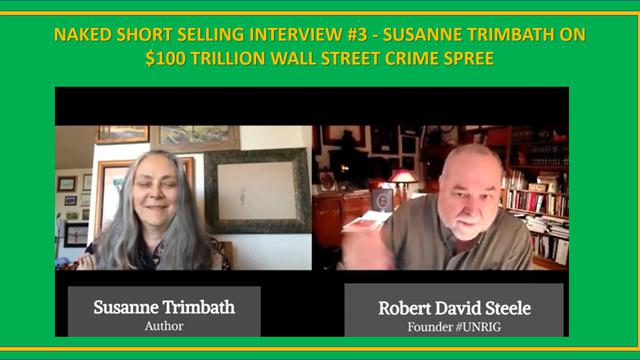Merrill Lynch to pay $25M to settle metals ‘spoofing’ claims
Jaclyn Jaeger, 27 June 2019
Merrill Lynch Commodities, a global commodities trading business, will pay a combined $25 million in criminal fines, restitution, and forfeiture of trading profits to resolve a government investigation into a multi-year scheme to mislead the market for precious metals futures contracts traded on the Commodity Exchange, the Department of Justice announced.
According to MLCI’s admissions, from 2008 through 2014, precious metals traders employed by MLCI schemed to deceive other market participants with materially false and misleading information. They did so by placing fraudulent orders for precious metals futures contracts that, at the time the traders placed the orders, they intended to cancel before execution. Continue reading “Article: Merrill Lynch to pay $25M to settle metals ‘spoofing’ claims”
 Jon Yalmokas is Global Head of Prime Services at Cantor Fitzgerald. Most recently, he was the Americas Head of Prime Services at Bank of America Merrill Lynch (BAML). Prior to BAML, he was at UBS, Goldman Sachs, and Merrill Lynch. Yalmokas holds a B.A. from Boston College.He is a 2017 board member of the Managed Funds Association.
Jon Yalmokas is Global Head of Prime Services at Cantor Fitzgerald. Most recently, he was the Americas Head of Prime Services at Bank of America Merrill Lynch (BAML). Prior to BAML, he was at UBS, Goldman Sachs, and Merrill Lynch. Yalmokas holds a B.A. from Boston College.He is a 2017 board member of the Managed Funds Association. Jon Yalmokas is Global Head of Prime Services at Cantor Fitzgerald. Most recently, he was the Americas Head of Prime Services at Bank of America Merrill Lynch (BAML). Prior to BAML, he was at UBS, Goldman Sachs, and Merrill Lynch. Yalmokas holds a B.A. from Boston College.He is a 2017 board member of the Managed Funds Association.
Jon Yalmokas is Global Head of Prime Services at Cantor Fitzgerald. Most recently, he was the Americas Head of Prime Services at Bank of America Merrill Lynch (BAML). Prior to BAML, he was at UBS, Goldman Sachs, and Merrill Lynch. Yalmokas holds a B.A. from Boston College.He is a 2017 board member of the Managed Funds Association.
